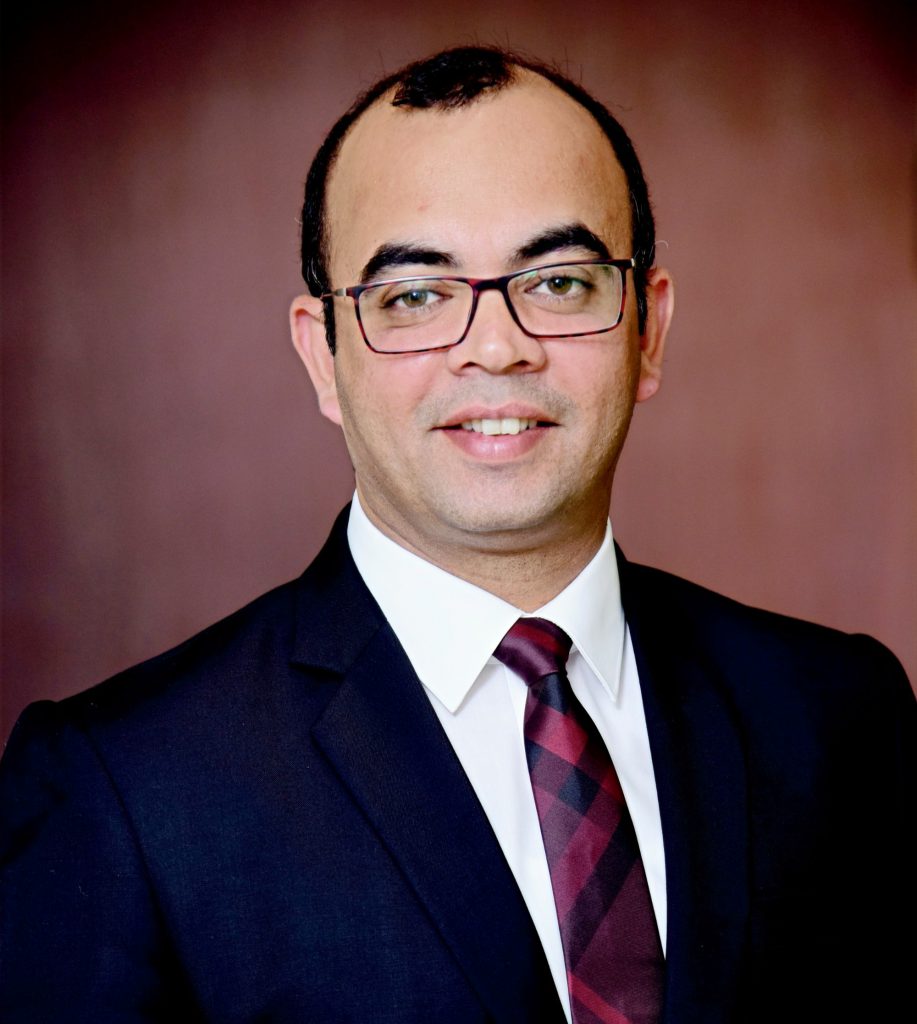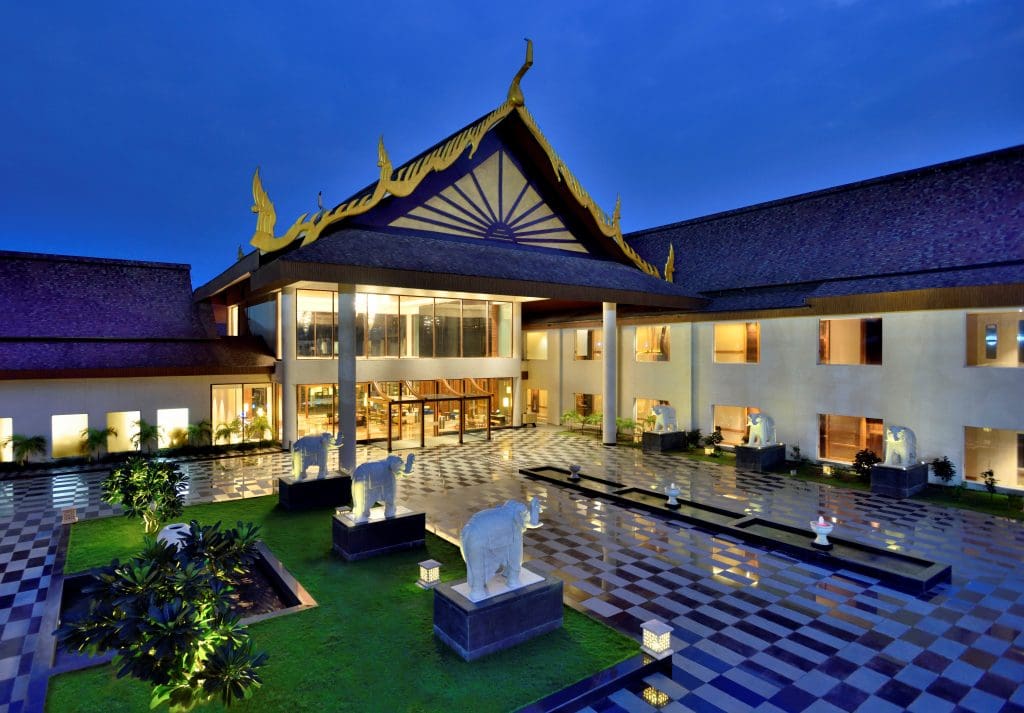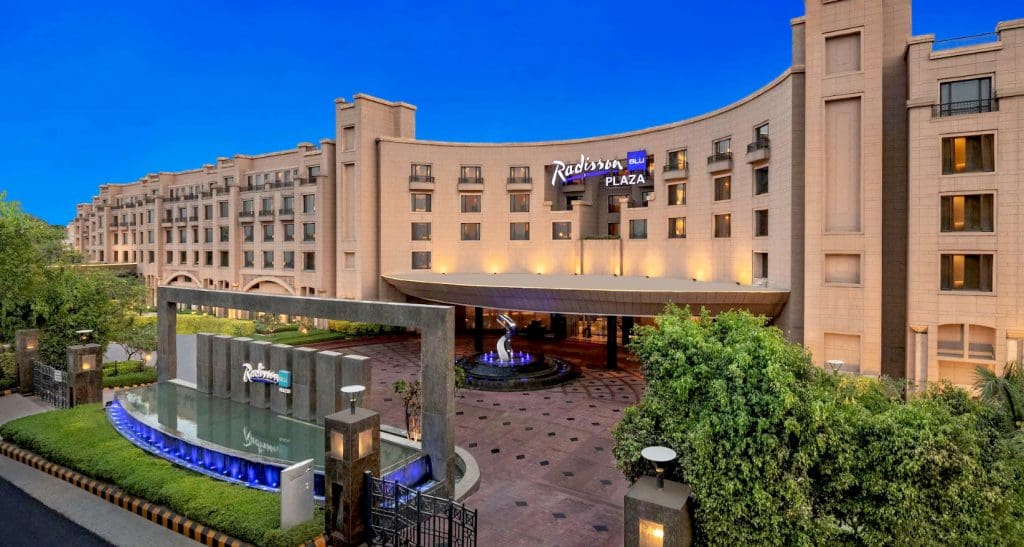Radisson Hotel Group believes that change remains the only constant as it expands the brand’s focus to three crucial components of the hospitality industry – Climate, Communities, and Consumers.

The hospitality industry is known for its versatility in providing seamless experiences to guests and patrons, keeping pace with the ever-evolving needs and expectations of the times. The industry has changed drastically in the past two decades, adding considerable contemporary elements to the sector.
Ranging from the pre-pandemic time span to the post-pandemic shift, developments have taken place in the domains of hotel ownership and management, the expansion and development of online reservation systems, and the proliferation of lodging options. New-age consumers seek more personalized experiences, especially when they have all the information and lodging options available at a click on their smartphones.
Change is the only constant
Change remains the only constant and this is certainly true from a hotelier’s perspective. With the continuous shift in consumer needs, new trends, and competition, the need to identify and adapt to these changes is critical to surviving and thriving in this industry. The business ecosystem today has to integrate systems and processes that are forward acting and calculate their impact across nature, environment, and culture. Thus, the new trend is expanding the brand’s focus to three crucial components of the hospitality industry – Climate, Communities, and Consumers.
Radisson Hotel Group, with a focus on expanding its India portfolio to 100 hotels by the end of 2025, aims to precisely do that. Federico Gonzalez, CEO, Radisson Hotel Group is bullish on India’s growth story and is definitely keen to make Radisson Hotels leading the hospitality success chart in terms of hotel footprint, revenue maximisation, and sustainable travel. As he says “India’s development and speed of change is rapid. Asia Pacific will lead the road to recovery in the post-pandemic era and India tops that list”.

Hospitality has long prioritized health and safety, but the past two years have radically changed how we live, emphasizing how crucial these factors are to our well-being and wellness. Hospitality too has undergone a massive mindset shift, giving visitors experiences that make use of improved hygiene and safety measures. As global travel picks up and the economic cycle once again starts to roll efficiently, business leaders have come to realise the importance of preserving nature and the ecosystem.
Sustainability – the need of the hour
Sustainability is the need of the hour as the sector is aiming to promote ethical business and tourism, from better managing energy and water usage to banning single-use plastics and food waste. Initiatives ranging from constructing ‘green’ meeting areas and self-bottling their own water to providing recycling bins for all of their visitors, companies are now reviewing their sustainability practices.
Radisson Hotel Group (RHG) has consistently demonstrated a dedication to the environment and has been a pioneer in reversing climate change through initiatives that help the environment around us. By committing to establishing emission reduction goals that are supported by science, the group is building on its long history of sustainability and intends to attain a net-zero carbon future by 2050. In keeping with this commitment, the group in collaboration with SunFuel has made all its properties EV-friendly by installing EV chargers.
Zubin Saxena, Managing Director & Senior Area Vice President of Operations, South Asia at Radisson Hotel Group emphasizes this “Destination charging will be a big driver of India’s adoption of electric automobiles and the launch of our charging facilities is a testament to our commitment to shaping the future of responsible travel. There is a Radisson hotel every four hours and guest convenience to ‘fuel up’ during their travel will help us engage and empower sustainable travel”.
Hotels are now laying more emphasis on adopting new technology and sustainable practices to reduce costs, increase overall efficiency, and improve customer satisfaction so far, but in the recent few years, especially during the pandemic, this has increased dramatically. Right from no-contact bookings, payments, and F&B services to implementing integrated digital platforms for effective day-to-day operations, hoteliers are using technology to its full potential. New trends where technology is intermingled with sustainable practices are also around the corner.

At Radisson Hotel Group, there are in-house water purification set-ups in some of the properties that ensure well-planned water management. Radisson has construction guidelines in place to minimise its footprint in terms of energy and water consumption.
Corporate and individual social responsibility too has seen an uptick in recent years. The hospitality fraternity is now leaving no stone unturned in giving back to the community whenever possible. Guests and patrons prefer to support establishments that give back to society. Guests want to feel included and responsible about their travel, and hotels can proudly showcase their CSR partnerships, allowing guests to be a part of it through active engagement, onsite visits, and charitable endeavours.
These changing factors demonstrate how adaptable and resilient the hotel sector is to shifting consumer demands.
The adjustments and patterns will carry on developing, shifting, and growing as we traverse this new era of travel.
Read more: Interviews



